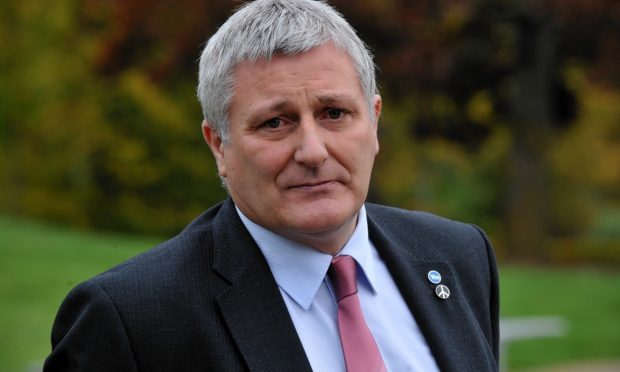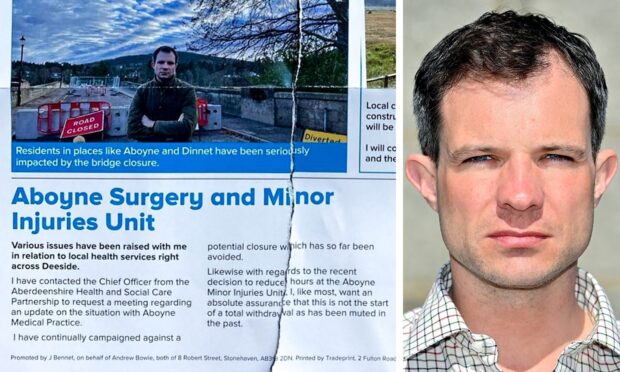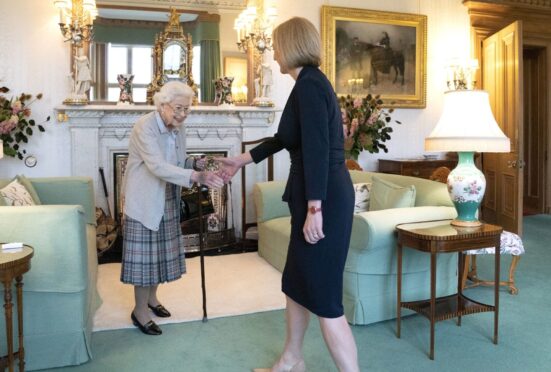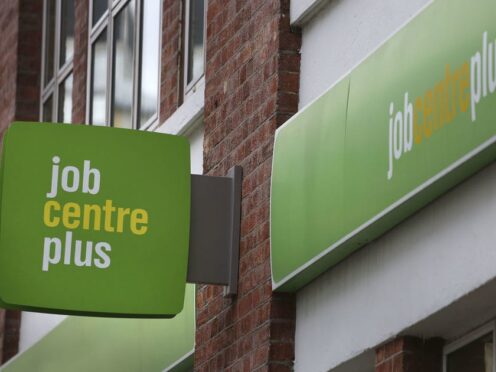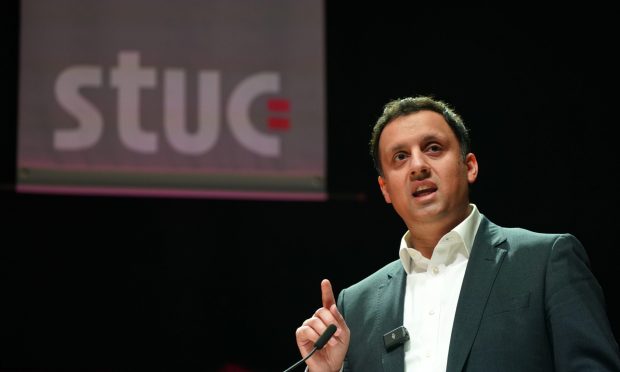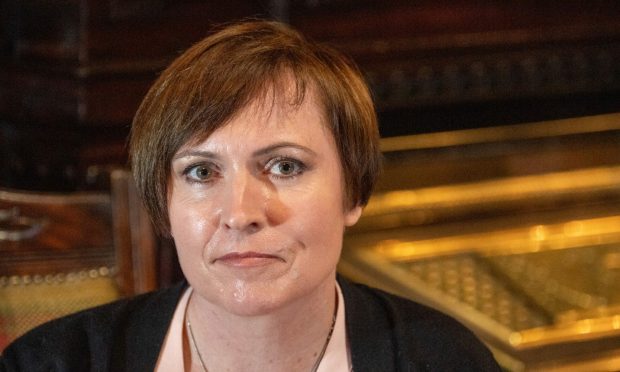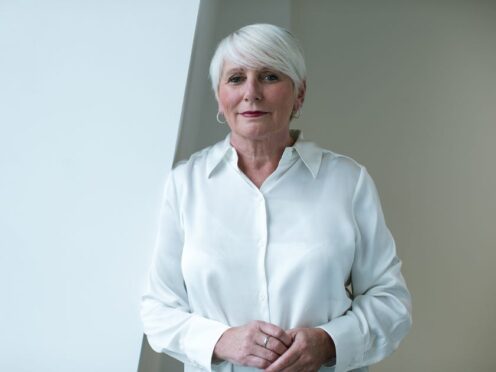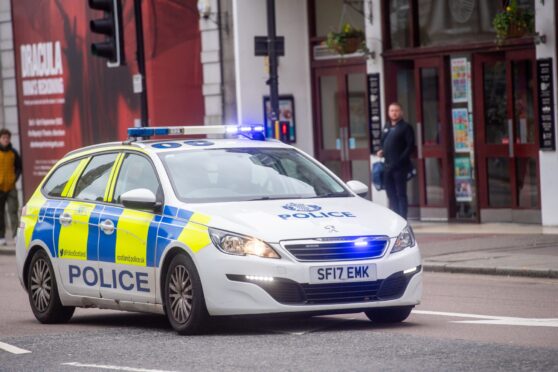Highland MSP John Finnie’s bid to outlaw smacking has been backed by an influential Holyrood committee despite concerns it would criminalise loving parents.
A majority of the seven MSPs on the Equalities Committee supported the proposal.
But Tories Oliver Mundell and Annie Wells were unable to back the ban, describing the proposals as “virtue signalling”.
The Tories said they were “unconvinced” that parental smacking constituted the “level of sinister and serious violence” the criminal law should be addressing.
Mr Mundell and Ms Wells added that “few” people in Scotland would equate it with the existing common law crime of assault”.
And they also said the ban would not stop “pernicious child abuse” that was already a crime, instead diverting police resources on to “good and loving” parents.
The general principles of Mr Finnie’s member’s bill, the Children (Equal Protection from Assault) Scotland Bill, was backed by the SNP, Labour and Lib Dem members of the committee.
Last night, Green MSP Mr Finnie welcomed the committee’s report into his proposal, which has been backed by the Scottish Government.
Mr Finnie said: “The evidence presented at committee showed that providing children with equal protection from assault by prohibiting physical punishment will bring substantial benefits for individuals and society.”
The committee’s report said Mr Finnie had estimated that a campaign to raise awareness of the ban would cost £300,000, but the Scottish Government’s figure was considerably less, at £30,000.
It also quoted Social Work Scotland concerns that the cost of investigating allegations had been underestimated.
Police Scotland has said the Bill’s proposal to remove “the reasonable chastisement defence “would result in an increase of incidents reported, which would have cost implications for the force”.
The report recognised that increasing public awareness that smacking is “an assault” would lead to an increase in reporting to police and social work.
But it said the increase would be “short-lived” as public education about use of alternatives to smacking becomes ingrained.
